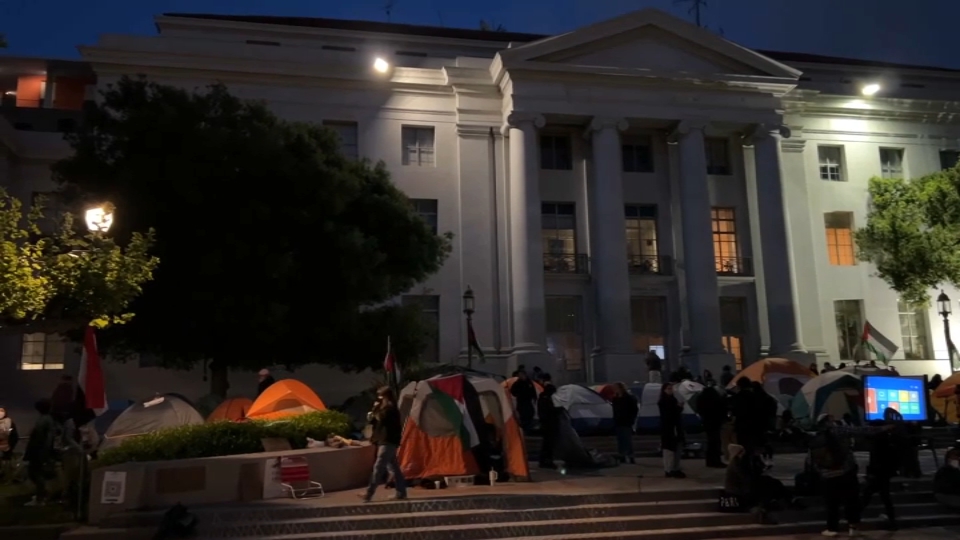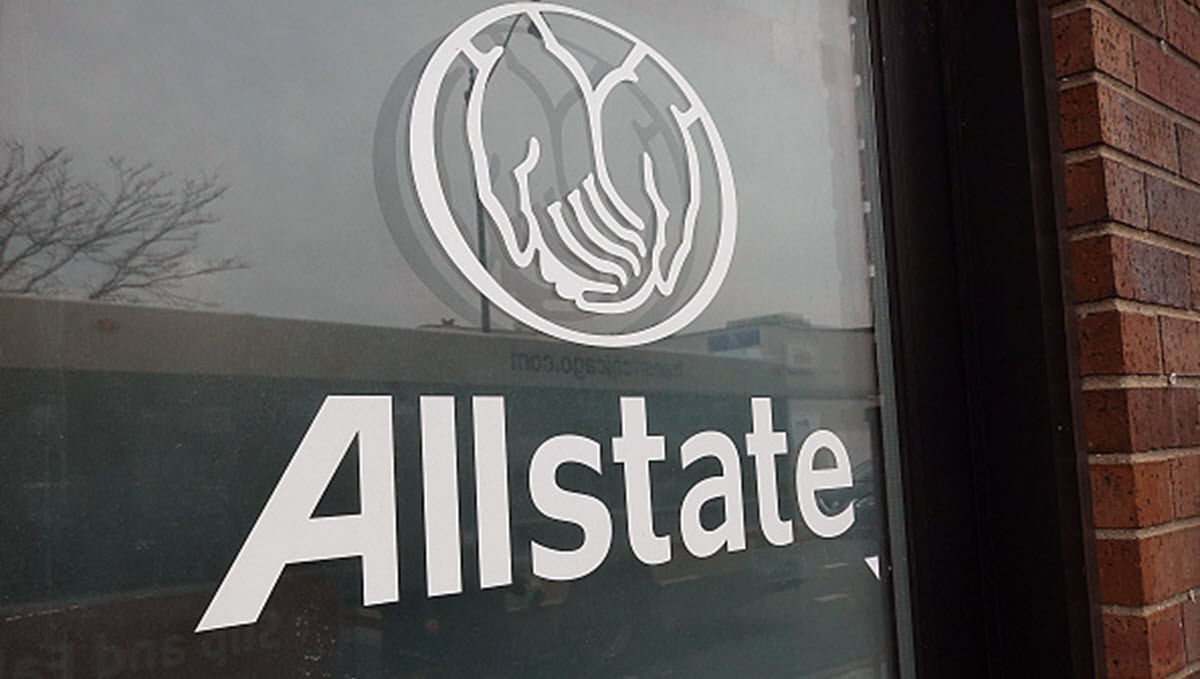A bill the state Legislature approved this week would allow mobile home park residents who have been charged excessive water rates by their landlords to seek restitution.
The bill, which is headed to Gov. Jerry Brown's desk, stems from a 2009 complaint [PDF] filed by residents of the Sunbird Mobile Home Park in the unincorporated community of Thermal in the Eastern Coachella Valley. In their complaint to the California Public Utilities Commission, residents claimed that their water rates were extremely high and that they received contaminated water.
In some instances, the primarily low-income and farm worker residents paid nearly twice the amount for water that they paid for rent. At the time, the park's water was supplied by a well tainted with arsenic.
The utilities commission found in favor of the Sunbird residents in February and reconfigured the park’s water rates. In the meantime, the mobile home park installed an arsenic filter last year.
In July, residents began receiving their water from the water district in the nearby city of Coachella. Earlier this month, the Riverside County Environmental Health Department sent a letter to the owners of the mobile home park requesting that they destroy the well.
In the case brought to the utilities commission, one of the residents also sought reimbursement for what he believed he had overpaid, but the commission determined that it didn’t have the legal authority to provide restitution.
“Part of the reason we were hoping the PUC (Public Utilities Commission) would award damages is because we think there’s a public policy role for creating a deterrent so that mobile home park owners are not incentivized to put in place exorbitant rates,” said Laura Massie, an attorney for California Rural Legal Assistance, who represented one of the Sunbird residents. The California Rural Legal Assistance Foundation sponsored the bill.
Local
Attorneys for the mobile home park and Hawkeye Asset Management, which operates Sunbird, did not respond to a request for comment about the case. The management company also did not respond to a request for comment.
Assemblyman V. Manuel Pérez, D-Indio, said the Sunbird case prompted him to sponsor the legislation, AB 1830 [PDF], “to ensure the fair application of the law related to the protections and remedies available to mobile home park residents in the case of 'unjust and unreasonable' water rates.”
“The law on privately owned wells in mobilehome parks was unclear on whether the complainants were eligible for retroactive restitution under the finding that the rates were 'unjust and unreasonable,' " Pérez said in an emailed statement. "Ultimately, the Sunbird residents, though vindicated, could not be reimbursed. It was through this situation that an inconsistency in the law became known.”
The pending bill does not apply retroactively, so the residents who made the original Sunbird complaint won’t quality for restitution if the bill passes.
“As a general rule, new laws cannot be applied retroactively," Emmanuel Martinez, a Pérez legislative aide, said in an emailed statement.
Martinez is the grandson of one of the Sunbird residents who filed the 2009 complaint with the utilities commission.
"Given this, both the Assemblyman and the Sunbird complainants wanted to create lasting change so that these remedies and protections would be available should such a situation arise for others in the future,” he wrote.
Some opponents of the bill said its passage could negatively affect those who run mobile home parks. “While the goal of AB 1830 may be admirable, the bill was poorly crafted, costly for businesses, and provided no protection for business owners from frivolous claims,” Assemblyman Tim Donnelly, R-Hesperia, wrote in an email.
The Western Manufactured Housing Communities Association initially opposed the bill due to technical concerns about how the bill would be implemented. Following amendments to the bill, it has since signed on in support.
The association's legislative advocate, Catherine Borg, said the organization never opposed the idea of restitution. “For the people we represent, we believe that they are people who do the right thing, and if people aren’t doing the right thing, there should be some kind of restitution,” she said.
Among the 30 residents who filed the complaint against Sunbird was Lucas Hernandez, a then-90-year-old retired farm worker who was forced to move because he couldn’t afford to pay his water bills, which vacillated between about $14 and $595 per month between 2006 and 2008. He was the resident who requested restitution from Sunbird as part of the complaint. Hernandez died in 2011 before the Public Utilities Commission's decision and before the bill was introduced.
Before it was connected to the nearby water district this year, Sunbird got its water from a private well that had arsenic levels that exceeded state and federal limits. It sold water to its residents using a steeply tiered rate – the more water used, the greater the cost. The first 10 cubic feet, or 750 gallons, of water each month cost 68 cents per cubic foot. Rates increased to $1.10 for the 11th cubic foot, then to $20 per cubic foot for the 12th through 16th cubic feet of use. Any use that exceeded that level cost $40 per cubic foot.
Sunbird said in documents filed with the Public Utilities Commission that the high water bills were likely the result of mobile home leaks, and it said it had to use the tiered water rates to encourage water conservation and prevent residents' aging septic tanks from overflowing.
In a March legislative briefing [PDF], the Public Utilities Commission noted that the bill might increase the number of complaints it receives from mobile home park residents. It has received at least four formal complaints since 2001.
Pérez said he does not anticipate that the bill will “spark a wave of complaints, nor do we believe that overcharging is a pervasive problem.”
“I think it’s fair to say that the types of parks that will be affected by this law will tend to be those located in rural and unincorporated areas and which tend to be inhabited by disadvantaged individuals,” he wrote in an email. “The overall issue is fairness and the equal application of the law.”
View this story on California Watch
This story was produced by California Watch, a part of the nonprofit Center for Investigative Reporting. Learn more at www.californiawatch.org.



